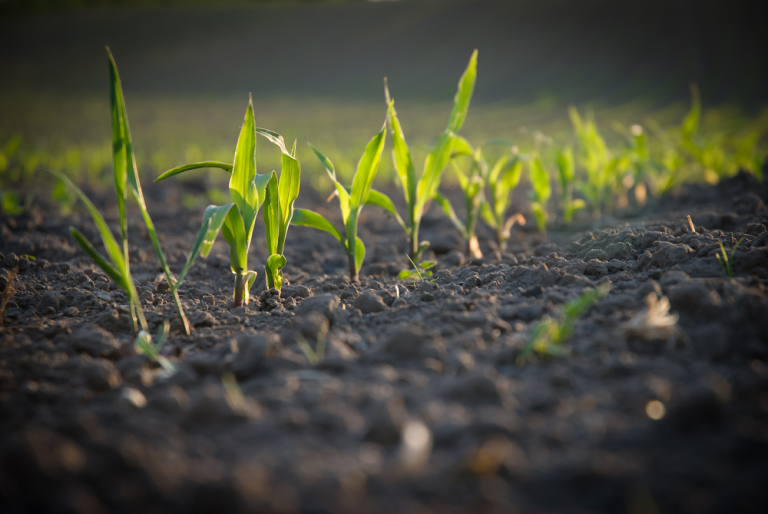Does the new mutual recognition regulation improve the situation for fertiliser and biostimulant products?
Since 19 April 2020, the new Regulation 2019/515 of 19 March 2019 on the mutual recognition of goods lawfully marketed in another EU Member State and repealing Regulation (EC) No 764/2008 applies.
This regulation is based on the "Treaty on the Functioning of the European Union" (TFEU) and aims to "strengthen the functioning of the internal market by improving the application of the principle of mutual recognition and removing unjustified barriers to trade".
Previous experience
However, experience made under the repealed Regulation (EC) No 764/2008 has shown that the principle of mutual recognition has not fully achieved its objectives. Commission's Refit Evaluation on the functioning of mutual recognition revealed that there were considerable obstacles to the objective of ensuring the free movement of goods within the internal European market and promoting trade of goods between EU Member States.
For fertilisers and biostimulants, the main obstacle appeared to be the lack of acceptance of the principle of mutual recognition. In some Member States the competent authorities insisted on maintaining their national standards even when it was clear that the principle of mutual recognition should apply.
A step in the right direction
The new Regulation 2019/515 underlines that "administrative decisions restricting or refusing market access for goods already lawfully marketed in another Member State should constitute exceptions to the fundamental principle of the free movement of goods". In the event of breach of this principle, SOLVIT was set up as "a service provided by the national administration in each Member State with the aim of finding solutions for individuals and businesses when their rights have been infringed by authorities in another Member State".
Furthermore, Article 4 of Regulation 2019/515 on the Mutual Recognition Declaration defines that "the producer of goods, or of goods of a given type, that are being made or are to be made available on the market in the Member State of destination may draw up a voluntary declaration of lawful marketing of goods for the purposes of mutual recognition (‘mutual recognition declaration’) in order to demonstrate to the competent authorities of the Member State of destination that the goods, or the goods of that type, are lawfully marketed in another Member State. The producer may mandate its authorised representative to draw up the mutual recognition declaration on its behalf".
On the basis of this Article 4, and, in conjunction with Article 5 on the assessment of goods, producers or their authorised representatives may draw up declarations of mutual recognition themselves, keep them up to date at all times and make them available to the competent authority of the Member State of destination for assessment.
And still…
there is something to look at because the principal of mutual recognition is not absolute, i.e.: "Member States can restrict the marketing of goods that have been lawfully marketed in another Member State, where such restrictions are justified on the grounds set out in Article 36 (TFEU) or on the basis of other overriding reasons of public interest. However, it is further stated that "[…] administrative decisions always need to be duly justified, to be legitimate, to be appropriate and to respect the principle of proportionality, and the competent authority has to make the least restrictive decision possible."
Nevertheless, it is a hopeful sign, that for many cases "the economic operator shall be allowed to make the goods available on the market in the Member State of destination while the competent authority carries out the assessment under paragraph 1 of this Article, and may continue to do so unless the economic operator receives an administrative decision restricting or denying market access for those goods." This depends on whether and how Member States will adapt their national laws.
Outlook
The implementation of Regulation 2019/515 may simplify the free movement of fertiliser and biostimulant products. We will learn how the national authorities will deal with the fundamental principle of the free movement of goods highlighted in the new regulation and whether they will adapt their national laws.
If you have any questions about the impact on your company, please contact us. With knoell's complete product registration and compliance service, our regulatory experts monitor the legal status of your product and prepare and submit the necessary documentation to legally market your products in all European member states.

